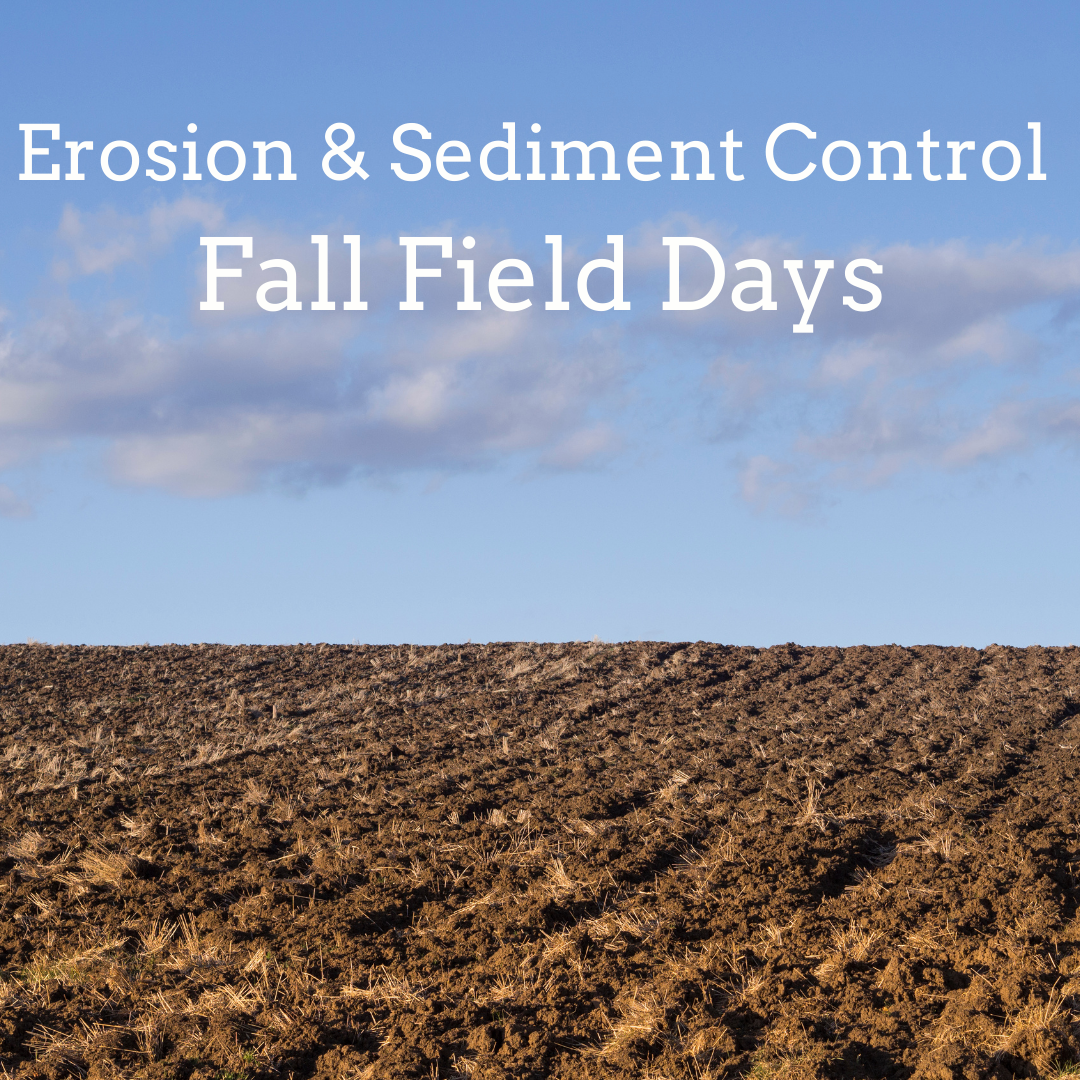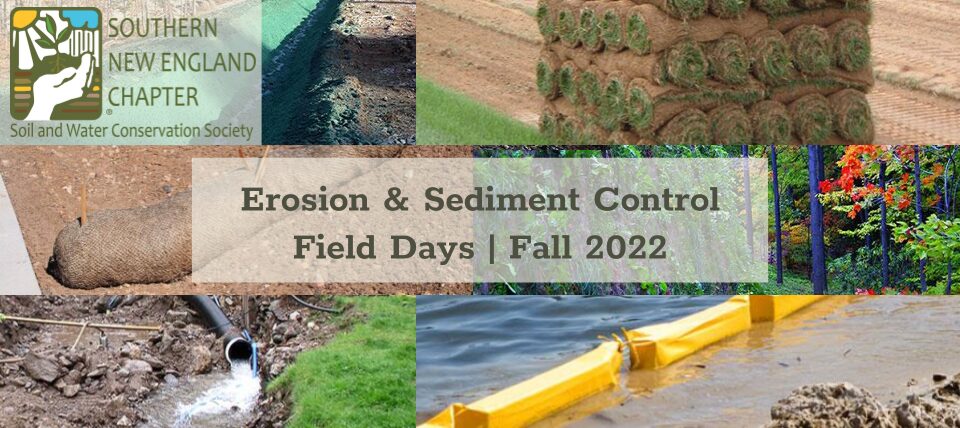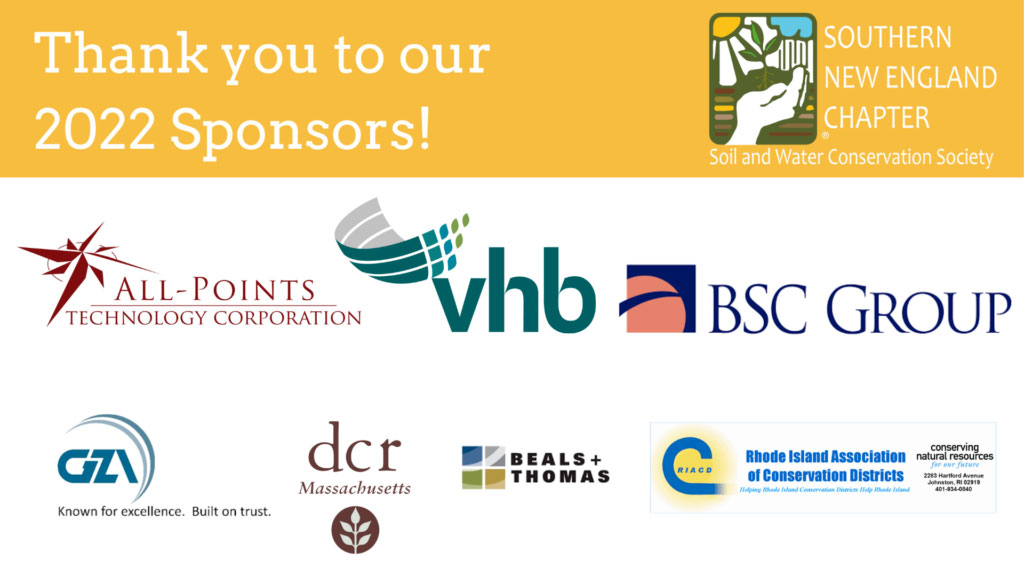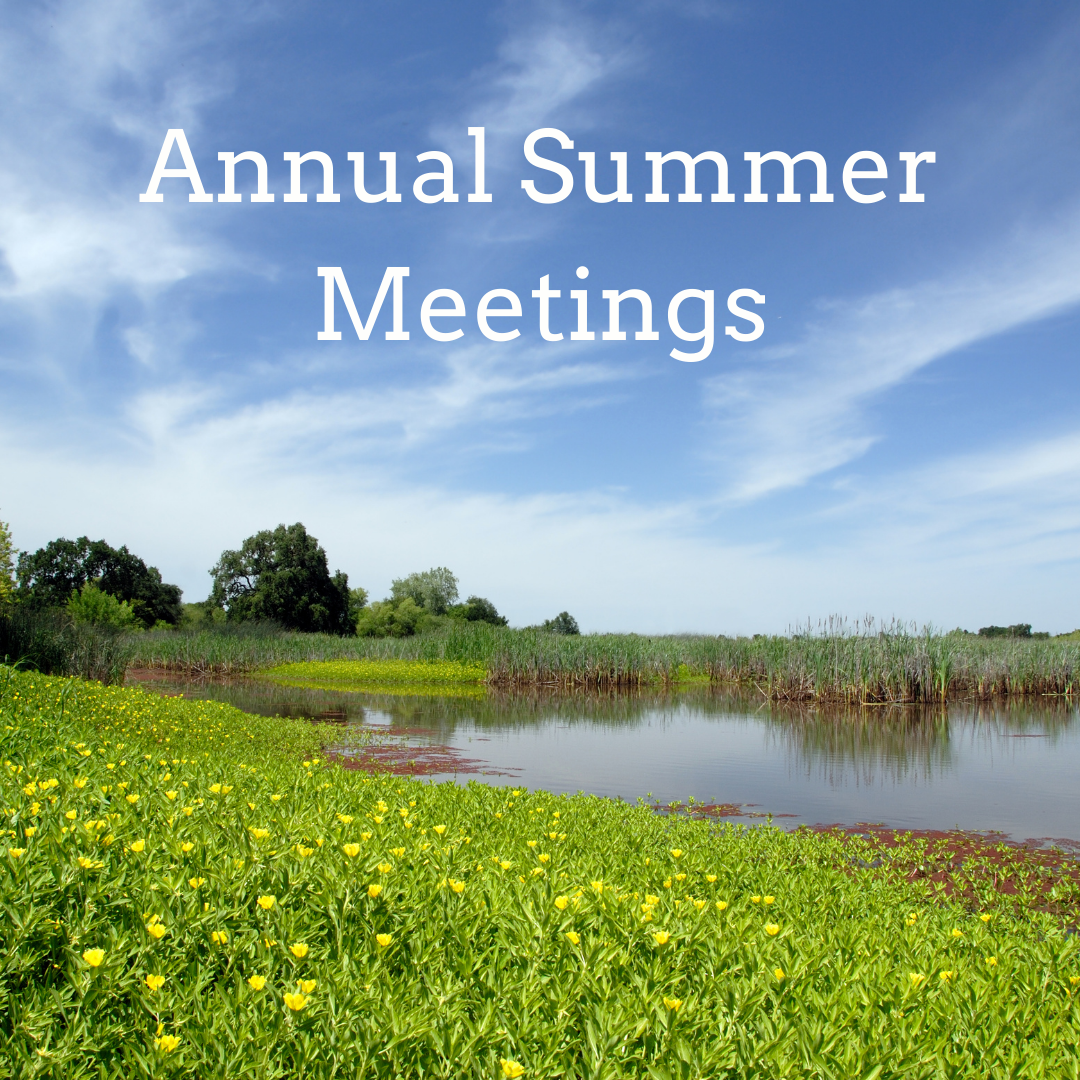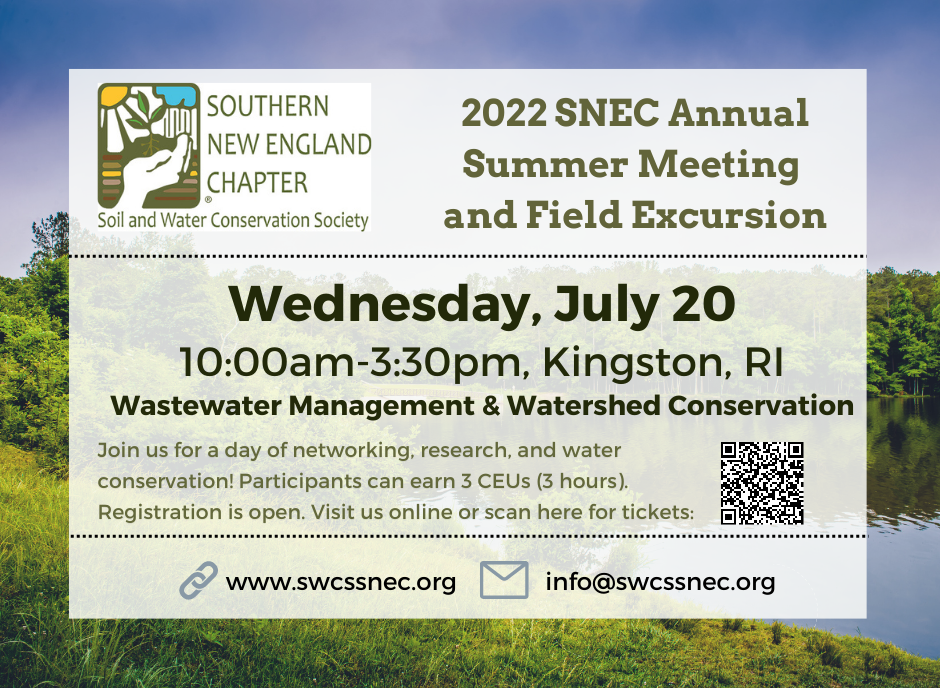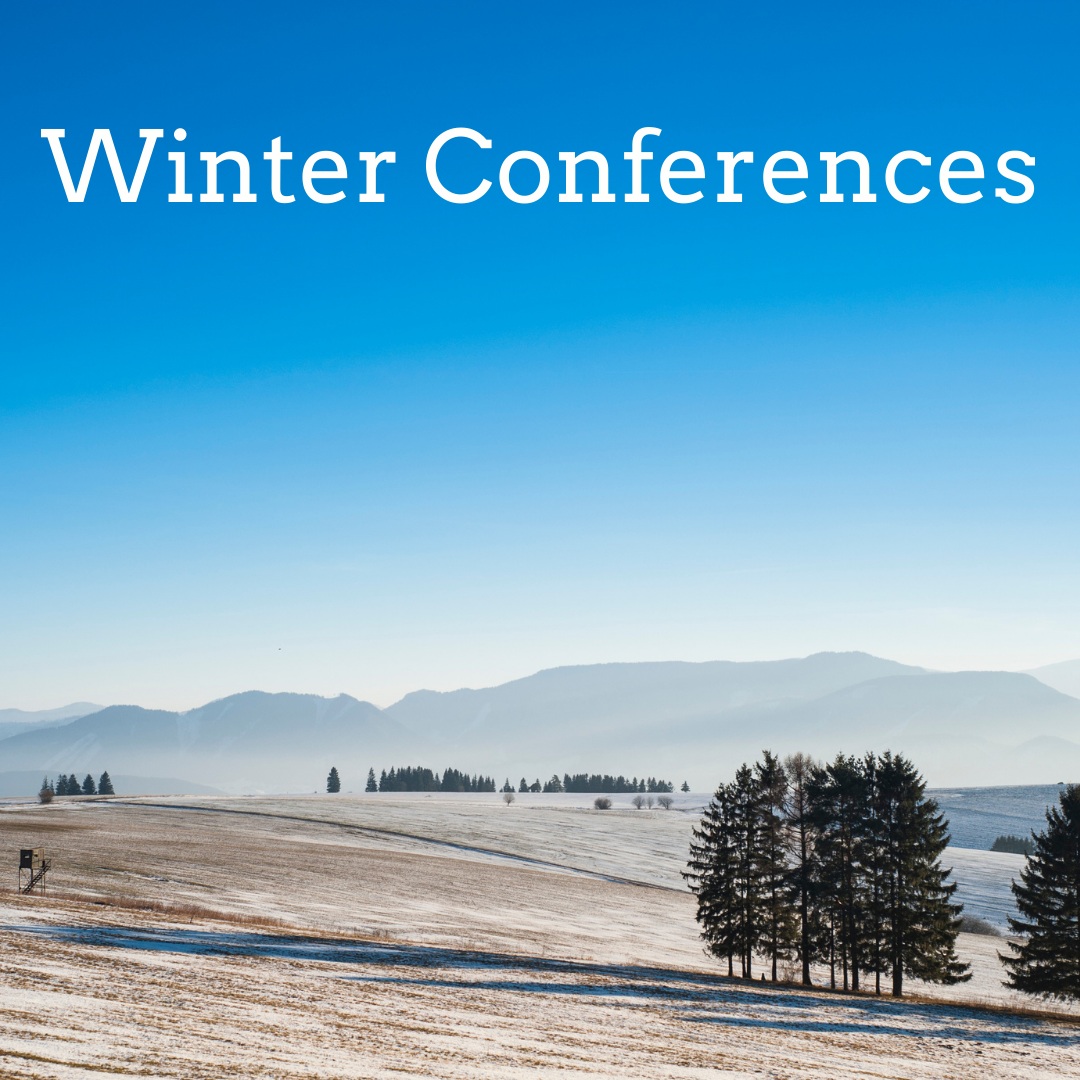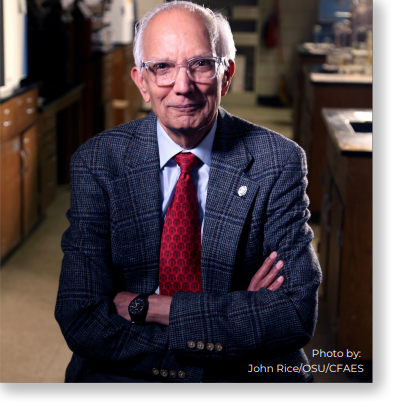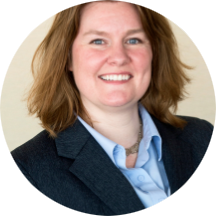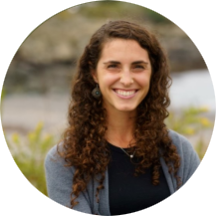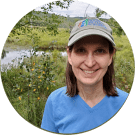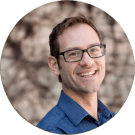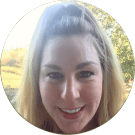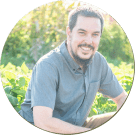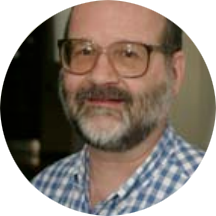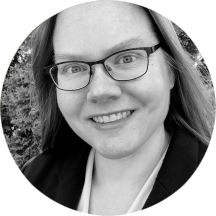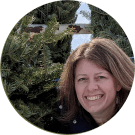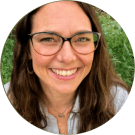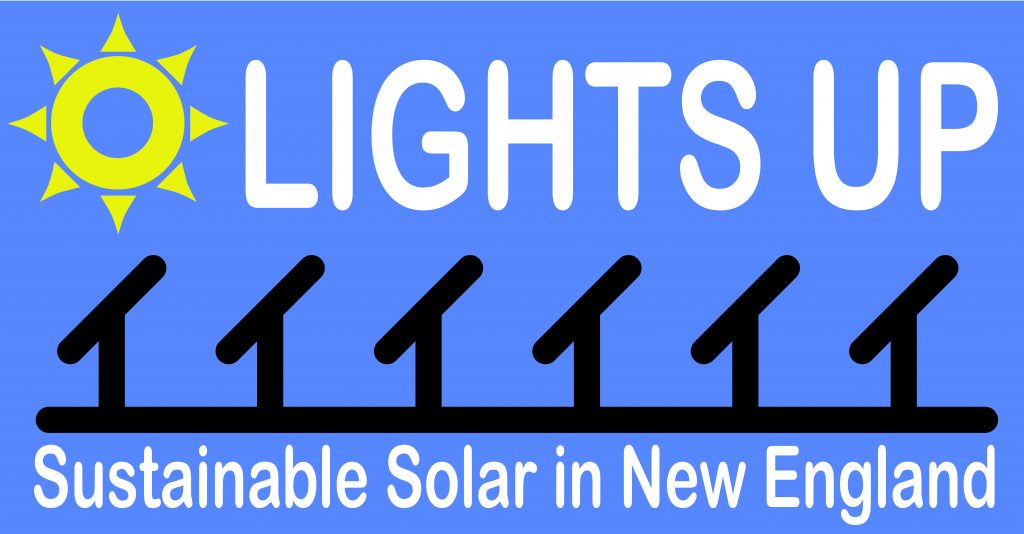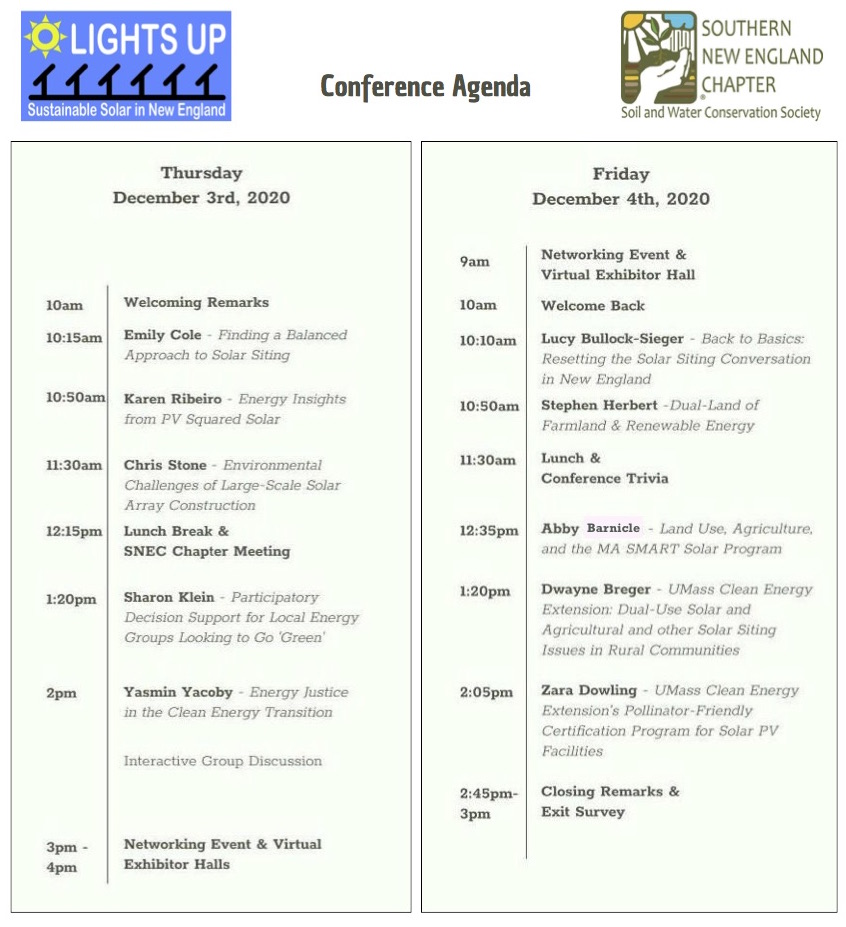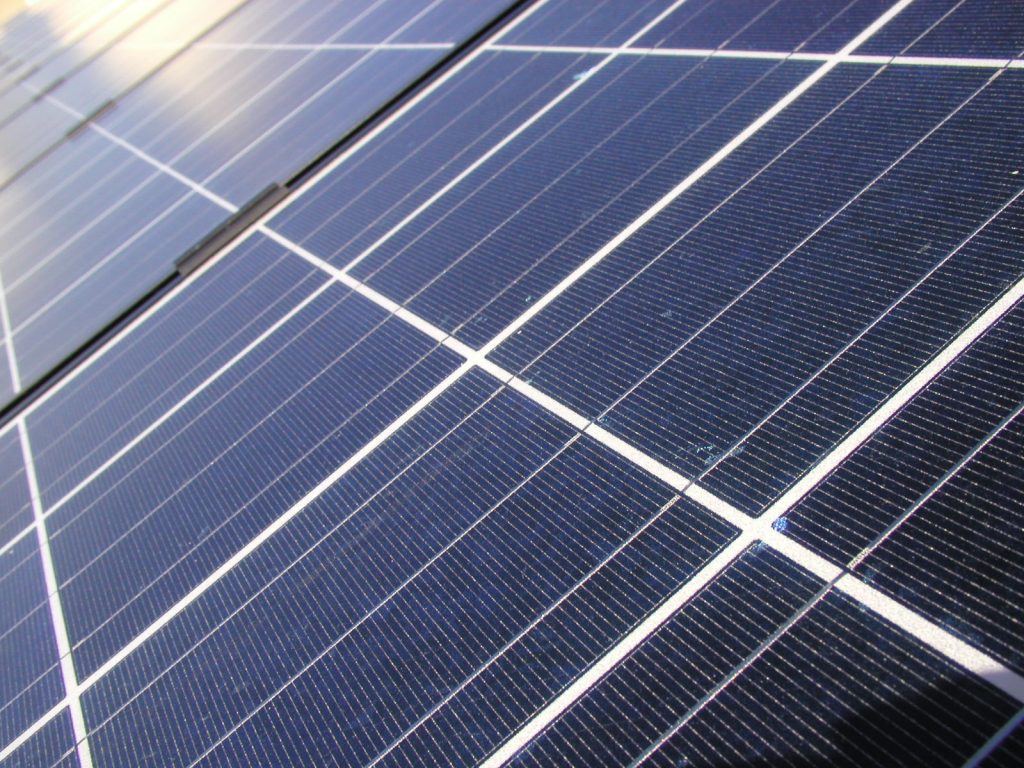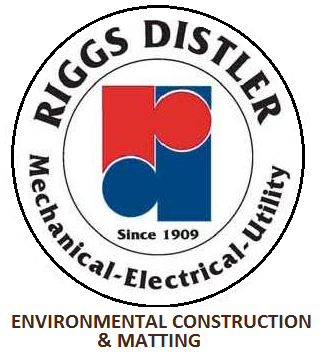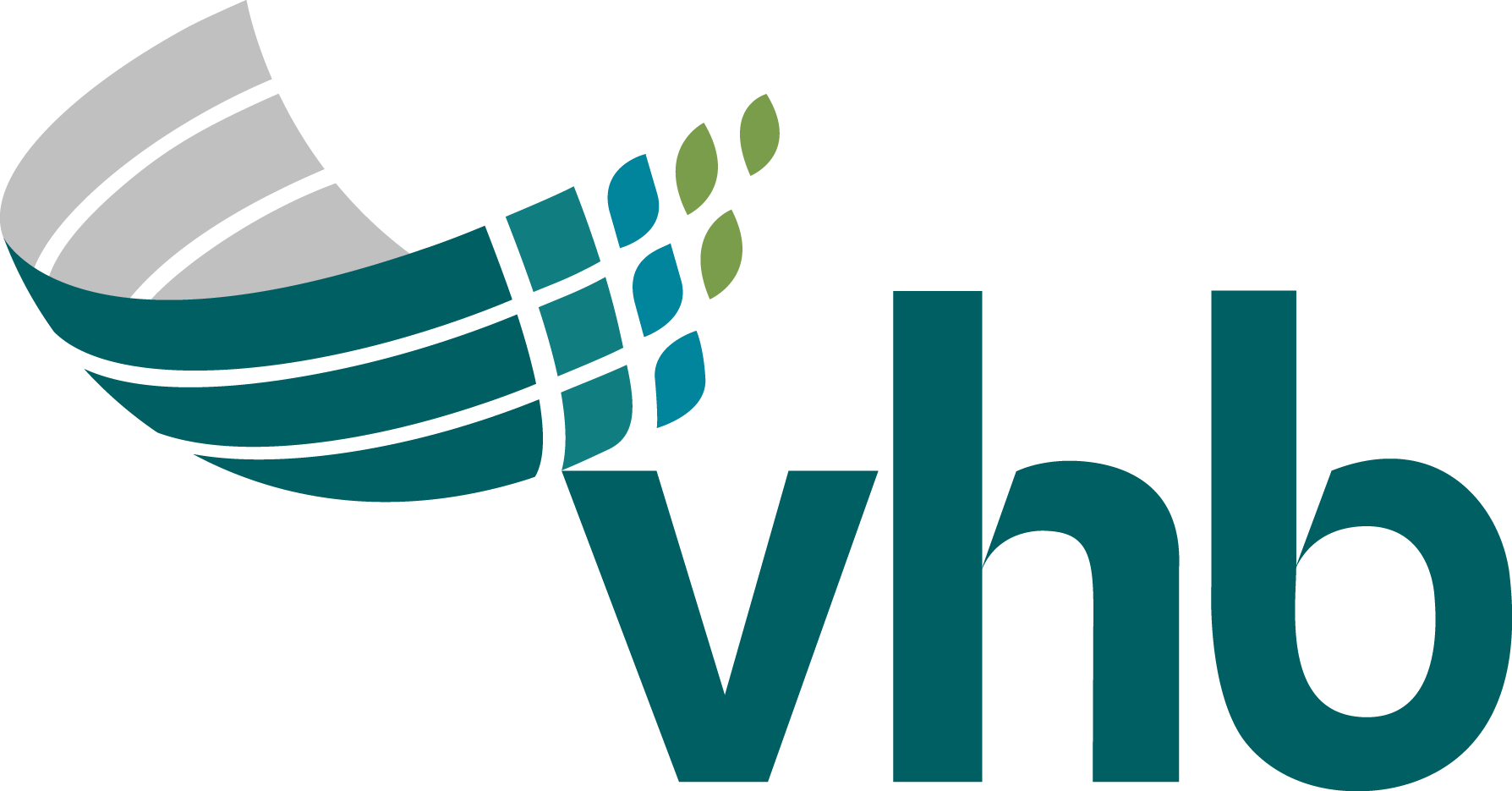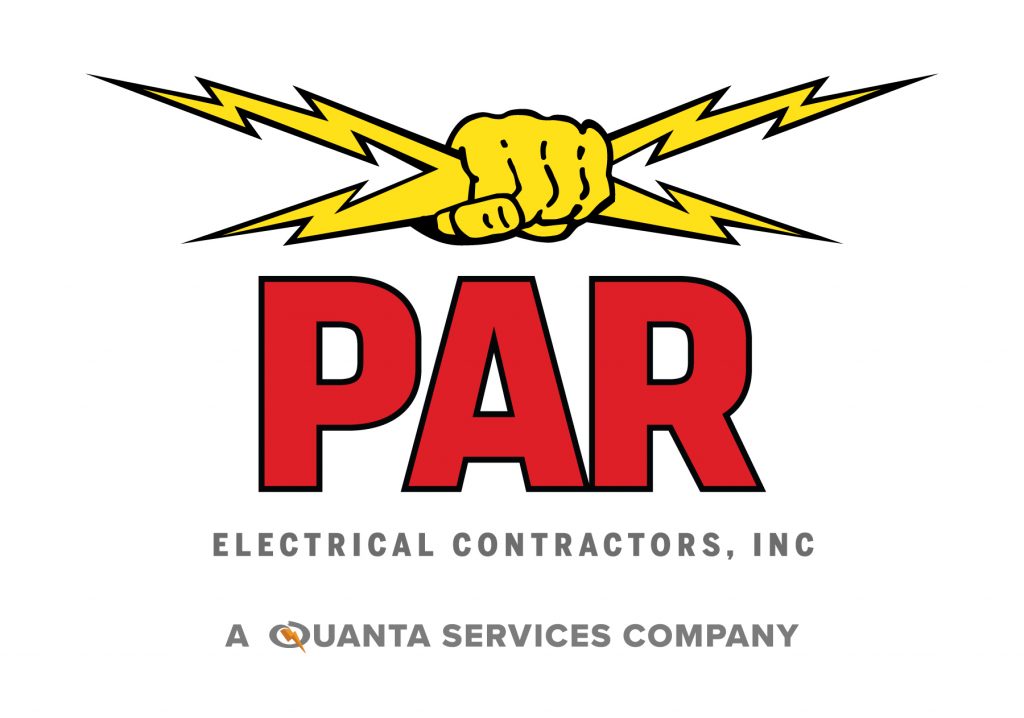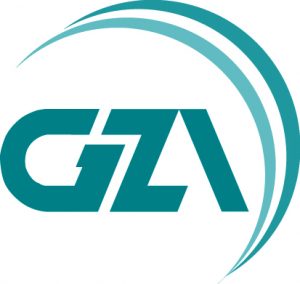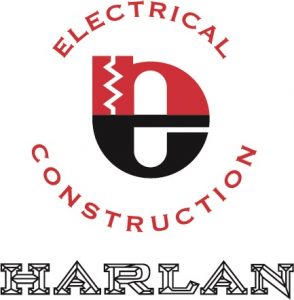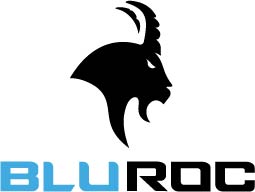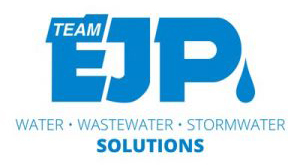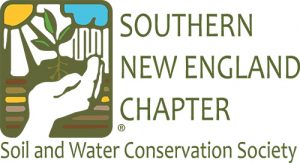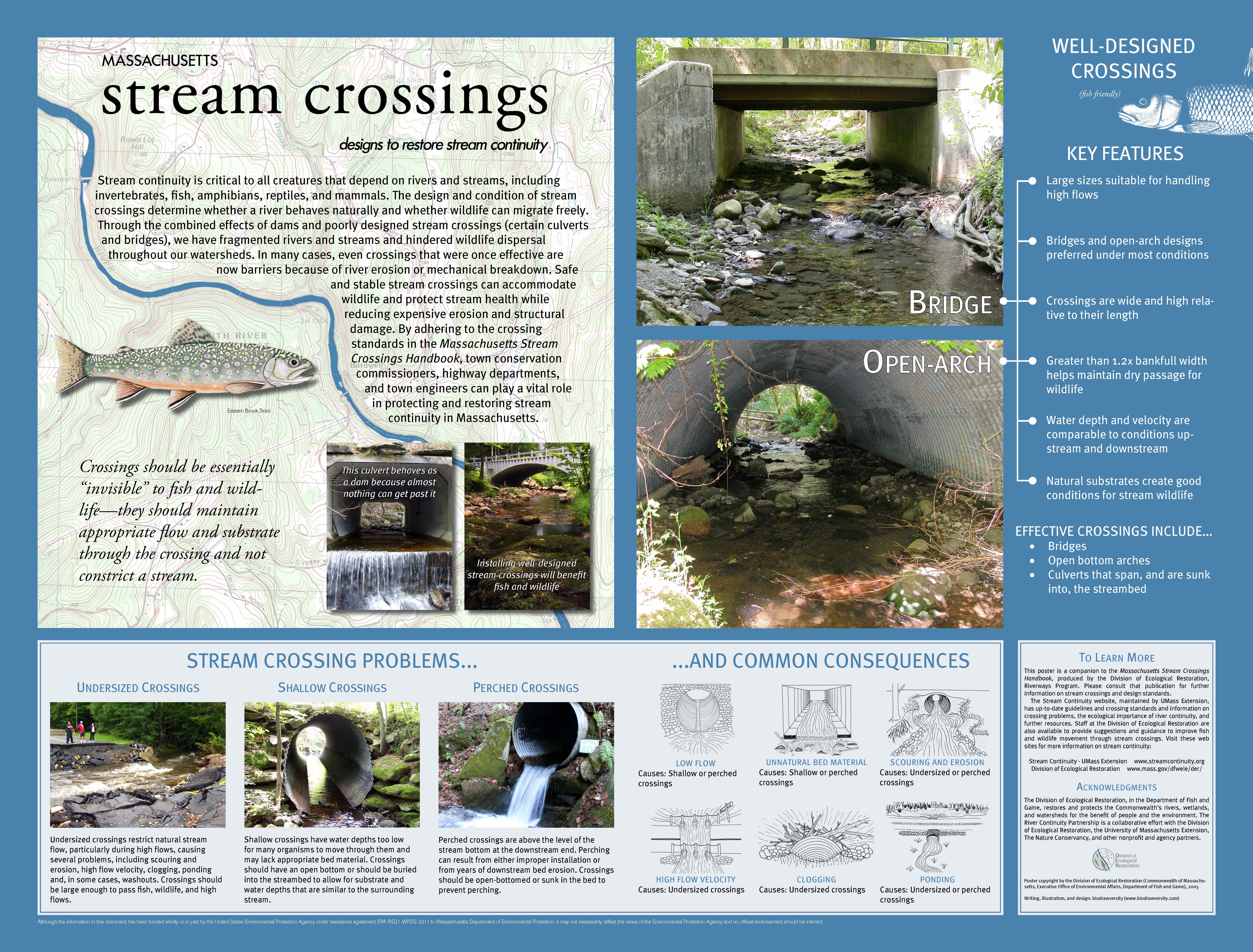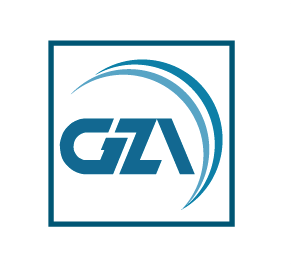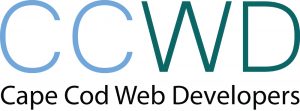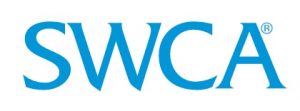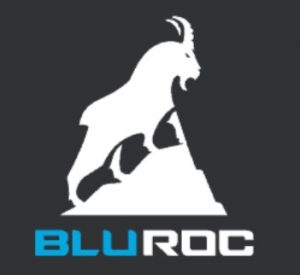Friday March 16, 2018 – Winter Conference
2018 Conference
HEALTHY FORESTS, HEALTHY HABITATS Friday March 16, 2018, 8am – 5pm
Publick House Historic Inn, Sturbridge, MA
Continuing Education Units!
The State of Connecticut has approved 2.5 CEUs for CT Certified Forest Practitioners!
Both the national Society of American Foresters (SAF) and state of Massachusetts have approved Continuing Education Units for attendance of this conference!
Lunch
CLICK HERE TO REGISTER FOR CONFERENCE
Healthy Forests Healthy Habitats Program.
$65 SWCS Members & SAF Members
$65 Government Staff
$90 Non-Members
$40 Students
Group Discounts (25% OFF)
Guest Speakers include;
Lois Bruinooge, Executive Director, The Last Green Valley & Coordinator, Southern New England Heritage Forest Project
“Partners Bring $6.1 Million to the Region for Forest Conservation!”
The Last Green Valley Presentation, CLICK HERE
Michael Downey, Service Forester, MA DCR
“Introduction to Agroforestry: The Science, Practice and Possibilities for Massachusetts” Agroforestry Presentation
Jennifer Fish, Service Forestry Program Director, MA DCR
“Foresters for the Birds Program” MA Audubon & DCR Foresters for the Birds Program
Fern Graves, Principal Forester & Stewardship Coordinator, RI DEM
“Healthy Forests” Healthy Forests Presentation
Douglas Hutcheson, Service Forester, MA DCR
“Forestry Best Management Practices” MA Forestry-BMP-Manual
Dr. Steve Johnson, Senior Ecologist, SWCA Environmental Consultants
“Rare and Endangered Species and Forest Cutting”
Christopher Martin, Forester, CT DEEP
“Forestry and Water Quality” CT Forestry & Water Quality BMP Presentation
John Scanlon, Habitat Program Supervisor, MA FWE
“MassWildlife Landscape Goals for Wildlife Habitats” MassWildlife Landscape Goals for Wildlife Habitats
Thomas E. Worthley, Associate Extension Professor, University of Connecticut
“Perspectives on Woodland Management in a Parcelizing World”
In keeping with the Forestry and Wildlife theme, we will be joined for the day by members of the Yankee Division of the Society of American Foresters (YDSAF), the professional forestry organization in Southern New England, for their Annual Meeting.
In conjunction with the conference, EnviroCert International, Inc. (ECI) will be leading review courses and a next day exam for several professional certifications including but not limited to the Certified Professional in Erosion & Sediment Control™ (CPESC®) and Certified Erosion, Sediment & Stormwater Inspector™ (CESSWI™) programs. Registration for these review courses and exams are available at http://booking.envirocertintl.org/ and is a separate registration.
Sponsors & Exhibitors
* BluRoc, LLC * National Grid * Eversource Energy *GZA GeoEnvironmental, Inc. *
* Stantec Consulting Services, Inc., * VHB * Fuss & O’Neill * BSC Group *
*Milone & MacBroom * Tighe & Bond *
* Bay State Forestry Service * Hull Forest Products *
* E. J. Prescott, Inc. * Filtrexx Northeast Systems *
* MA Department Conservation & Recreation (DCR) *
* The Last Green Valley * NRCS * MA Fisheries & Wildlife (FWE) *
* MA Forest Alliance * Mass Audubon * MA Woodlands Institute *


Conservation NewsBriefs
- Don't forget to register for Nebraska Soil Health School
- Nature now has its own Spotify artist page: Initiative will raise conservation funds with music by David Bowie, Brian Eno and moreore
- The potential of carbon markets to accelerate green infrastructure based water quality trading
- The South's aging water infrastructure is getting pounded by climate change. Fixing it is also a struggle
- Cover crop programs limit risks, help farmers make decisions

